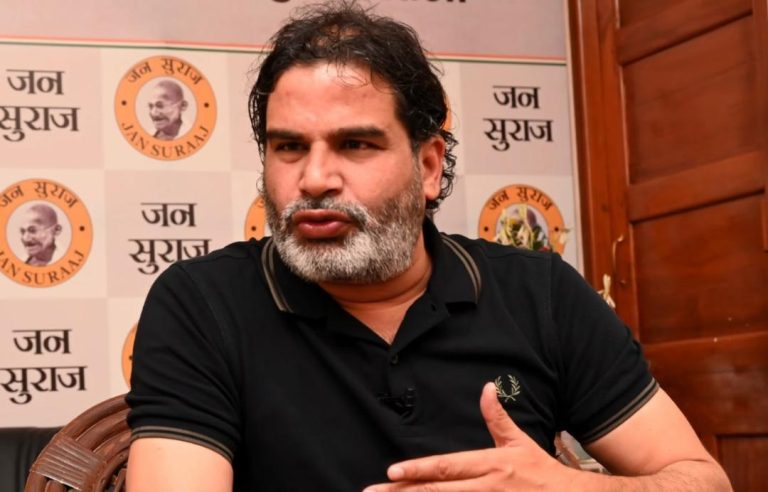
Trinidad & Tobago becomes the first Caribbean nation to adopt UPI
India’s flagship digital payment platform, Unified Payments Interface (UPI), has made its mark in the Caribbean region with Trinidad and Tobago becoming the first country in the region to adopt UPI. This significant development marks a major milestone in the collaboration between India and Trinidad and Tobago, and is expected to have a profound impact on the financial landscape of the Caribbean nation.
During Prime Minister Narendra Modi’s two-day official visit to Trinidad and Tobago, the two countries reached an agreement to explore further collaboration in the implementation of India Stack solutions, including DigiLocker, e-Sign, and Government e-Marketplace (GeM). This agreement is a testament to the strong bilateral relations between India and Trinidad and Tobago, and is expected to bring numerous benefits to the people of Trinidad and Tobago.
UPI, which was launched in India in 2016, has revolutionized digital payments in the country, making it easier and more convenient for people to make transactions. The platform has seen phenomenal growth, with over 1.3 billion transactions worth over $10 billion being processed through UPI every month. The adoption of UPI in Trinidad and Tobago is expected to bring similar benefits to the Caribbean nation, and is expected to have a significant impact on the country’s financial sector.
Trinidad and Tobago joins a select group of countries that have adopted UPI, including Bhutan, Palestine, Nepal, Sri Lanka, and the United Arab Emirates. The adoption of UPI in Trinidad and Tobago is a significant development, and is expected to have far-reaching implications for the country’s financial sector.
The adoption of UPI is also expected to have a positive impact on Trinidad and Tobago’s economy. The platform has the potential to increase financial inclusion, making it easier for people to access financial services and reducing the use of cash. This is particularly important in Trinidad and Tobago, where a significant portion of the population does not have access to traditional banking services.
In addition to the economic benefits, the adoption of UPI is also expected to have a positive impact on the environment. The platform has the potential to reduce the use of paper and ink, and to make it easier for people to make transactions without the need for cash.
The agreement between India and Trinidad and Tobago to explore further collaboration in the implementation of India Stack solutions is also significant. India Stack is a set of digital infrastructure solutions that have been developed by the Indian government to make it easier for people to access government services and to make digital payments. The solutions include DigiLocker, which allows people to store their digital documents, e-Sign, which allows people to sign documents digitally, and GeM, which is a government e-marketplace that allows people to buy goods and services from government agencies.
The adoption of UPI and the agreement to explore further collaboration in the implementation of India Stack solutions is a testament to the strong bilateral relations between India and Trinidad and Tobago. The two countries have a long history of cooperation, and have collaborated on a range of issues, including trade, education, and healthcare.
In conclusion, the adoption of UPI in Trinidad and Tobago is a significant development, and is expected to have a profound impact on the country’s financial sector. The platform has the potential to increase financial inclusion, reduce the use of cash, and make it easier for people to access financial services. The agreement to explore further collaboration in the implementation of India Stack solutions is also significant, and is expected to bring numerous benefits to the people of Trinidad and Tobago.





